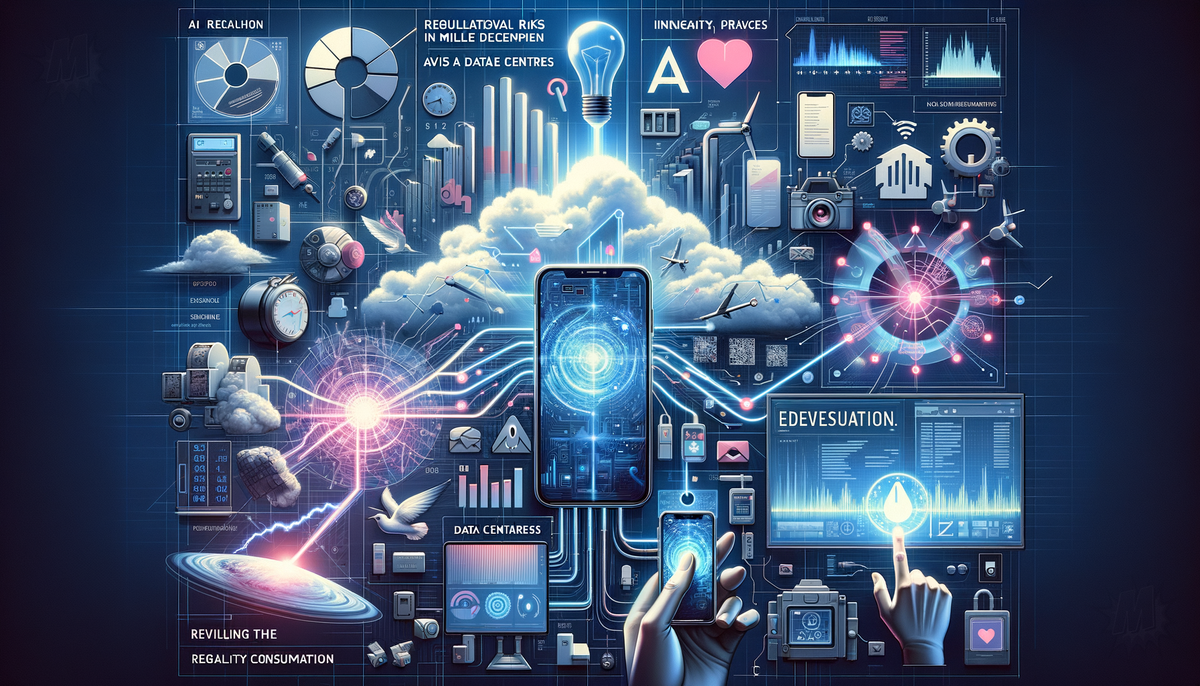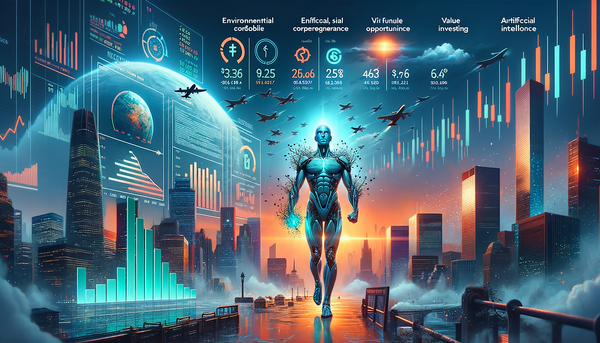AI's Transformative Impact on Mobile Tech and Future Innovations

Aurora Mobile, a mobile developer service provider, has highlighted new regulatory risks in China concerning the evolving landscape of AI regulations, which include deep synthesis and AI-generated content laws. The need for stringent algorithm and data security management may pose compliance uncertainties that carry the risk of legal challenges, such as intellectual property disputes and potential penalties. These challenges could impact the company's operational stability and brand reputation. Despite these concerns, Aurora Mobile currently holds a Moderate Buy consensus rating from Wall Street analysts.
The advent of artificial intelligence has driven a surge in demand for high-performance computing and sophisticated data processing within data centers. The International Energy Agency projects that by 2026, data centers may consume over 1,000 terawatt-hours of electricity, doubling their current consumption. The increasing power requirements, sometimes surpassing 40kW for AI workloads, challenge traditional power distribution systems and necessitate innovative data center designs and operations. With a focus on sustainability, data center operators in the EU are required to report their energy performance data annually if their total rated power exceeds 500 kilowatts.
In the mobile technology sector, tech giants such as Samsung and Google are at the forefront of integrating generative AI into smartphones. These advancements are enabling features like advanced photo editing and real-time language translation, previously reliant on third-party applications. However, as AI becomes more sophisticated at generating content, it raises concerns about authenticity and trust in the digital content created. Carl Pei, co-founder of Nothing and OnePlus, has indicated that AI will significantly transform the tech industry, with new entrants poised to challenge established companies. The global AI market is projected to reach a trillion-dollar valuation within the next decade, underscoring the need for companies to address privacy, bias, and ethical considerations in the technology's deployment.
AI's influence is also reshaping web browsing, with search engines delivering personalized results and enhanced security through AI-driven features. Browser extensions and AI-powered chatbots are improving user experience and customer support, while voice assistants promote voice-activated browsing. Personal narratives reveal how AI is affecting careers and daily life, with professionals transitioning to roles like AI product management and augmenting traditional practices with AI tools. Concerns persist over potential job displacements and economic disparities that AI might cause, emphasizing the need for foresight and regulatory action. As AI converges with other megatrends, ethical, privacy, and security issues are increasingly coming to the fore, particularly in relation to AI-generated content and social inequalities.
Lastly, AI-powered chatbots designed as romantic companions are becoming a profitable




